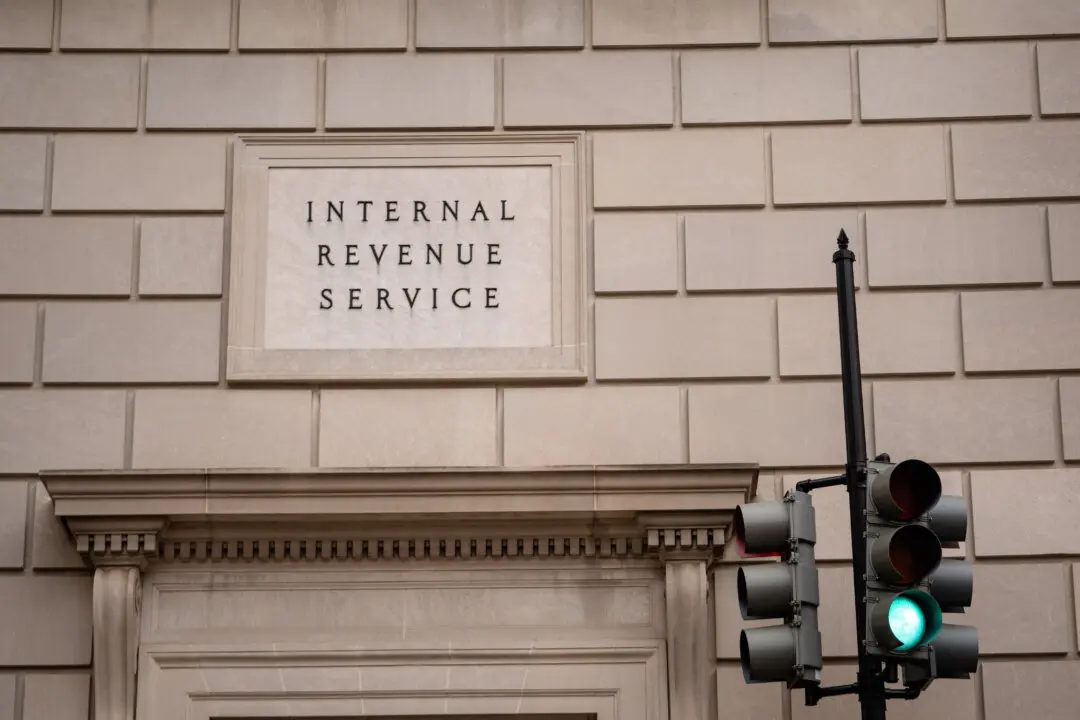Ratings firm Moody’s downgraded Israel’s debt on Feb. 9, pointing to the ongoing war conditions and warning that the country’s budget deficit will be “significantly larger than expected” in the coming years.
Israel’s debt rating has been downgraded to A2 from A1, Moody’s said in a Feb. 9 report, while pointing out that the country’s outlook is negative. The downgrade review was initiated in October following Hamas’s terrorist attack on Israel.





